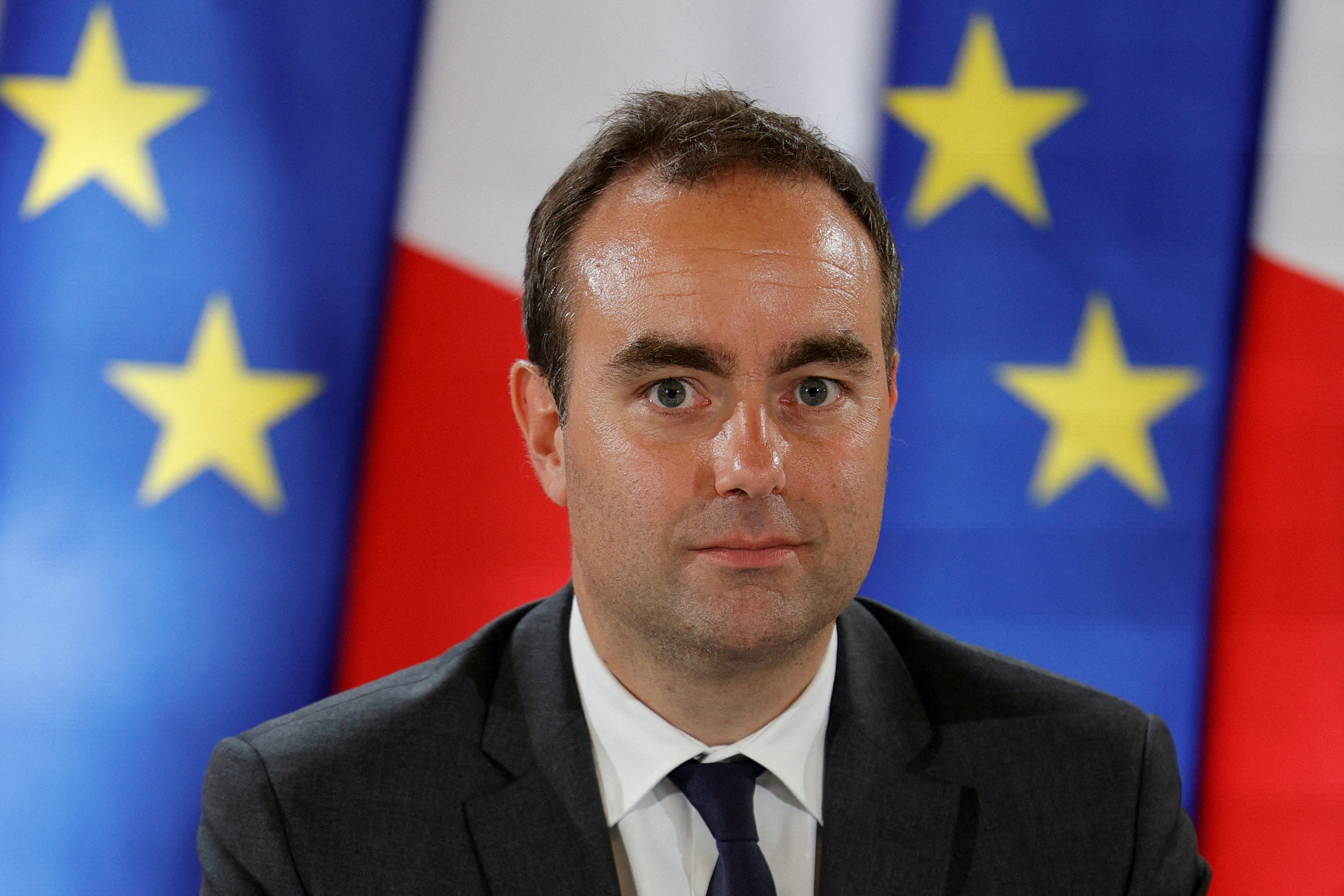Sébastien Lecornu Resigns After Just Hours as France's Prime Minister, Triggering Political Crisis
Sébastien Lecornu resigns as French Prime Minister hours after appointment, creating political deadlock and calls for new leadership amid broad criticism.
- • Lecornu's government lasted only about twelve hours, the shortest in Fifth Republic history.
- • He faced criticism from opposition and from within his coalition, especially the Republicans.
- • The new cabinet included many returning ministers, criticized for lack of renewal.
- • Legislative activities at the National Assembly are suspended due to the absence of a government.
- • Calls are growing for new elections, government dissolution, or Macron’s resignation.
Key details
On October 6, 2025, Sébastien Lecornu submitted his resignation as Prime Minister of France just hours after being appointed, marking the shortest premiership in the Fifth Republic's history. His government lasted approximately twelve hours, a record duration of 836 minutes, unprecedented in modern French politics. The resignation followed intense criticism from opposition parties, from the left and far right, as well as internal dissent within Lecornu's fragile coalition, notably pressure from the Republicans.
Lecornu's newly formed 18-member cabinet, revealed shortly before his resignation, included many ministers returning from previous administrations. This was widely viewed as a failure to offer the promised political renewal. Bruno Retailleau, leader of the Republicans, expressed disappointment over the limited representation for his party, which held only four ministerial positions compared to ten from Macron's Renaissance party. The opposition slammed the formation as "recycling" old figures and criticized the lack of a genuine break with the past. Jordan Bardella from the Rassemblement National called for new elections, and Jean-Luc Mélenchon demanded immediate motions to impeach President Emmanuel Macron.
The political turmoil has led to a nearly 2 percent drop in the Paris stock market, reflecting investor concerns over the crisis. With no government currently in place, the National Assembly's legislative activities are effectively paralyzed. Yaël Braun-Pivet, President of the Assembly, acknowledged that without an executive, Parliament’s ability to pass laws is severely hindered.
Since Macron's re-election in May 2022, France has seen five different Prime Ministers—a sign of significant political instability. Critics argue that Macron's approach, confusing stability with mere continuity, has contributed to the deadlock and that entrusting Matignon to the left might present a solution more reflective of the current political landscape. Macron faces growing calls for a new dissolution of the government or even his own resignation.
Sébastien Lecornu’s resignation and the immediate paralysis of government functions mark a pivotal moment of crisis in French politics, demonstrating the deep divisions and lack of support that now hamper the executive branch's governance capabilities.
This article was translated and synthesized from French sources, providing English-speaking readers with local perspectives.
Source articles (5)
Source comparison
Length of Lecornu's tenure
Sources report different durations for Lecornu's tenure: 12 hours vs 27 days vs 836 minutes
lefigaro.fr
"Lecornu's government lasted only about twelve hours."
lemonde.fr
"Lecornu has resigned after just 27 days in office."
liberation.fr
"Lecornu resigned on October 6, making it the shortest in the history of the Fifth Republic."
Why this matters: The discrepancies in the reported duration of Sébastien Lecornu's tenure as Prime Minister are significant because they affect the understanding of the severity and historical context of his resignation. If he served only 12 hours, it indicates an unprecedentedly rapid turnover, while 27 days suggests a brief but not record-breaking term. The figure of 836 minutes, which translates to approximately 13.93 hours, aligns closely with the 12-hour claim but provides a more precise measurement. These differences could lead readers to different interpretations of the political instability in France.
Latest news
Pau's Local Election Campaign Gathers Momentum Amid Broader Political and Economic Concerns
French Companies and Regions Accelerate Efforts in Nature-Related Economic Transition
France Heightens Military Readiness Amid Iran Conflict, Pledges Defense Support to Gulf States
Jean-Luc Mélenchon Faces Accusations of Antisemitism Over Joke on Raphaël Glucksmann's Name
Tensions and New Faces Mark the 2026 French Municipal Elections
France Bolsters Military Presence in Gulf Following Iranian Drone Attacks
The top news stories in France
Delivered straight to your inbox each morning.



